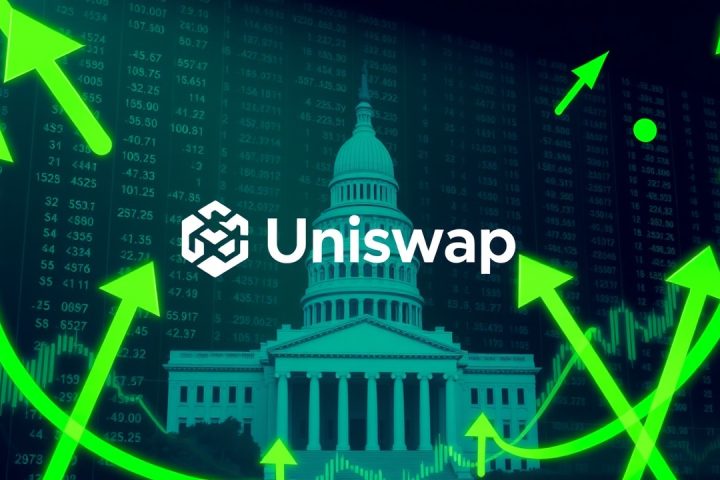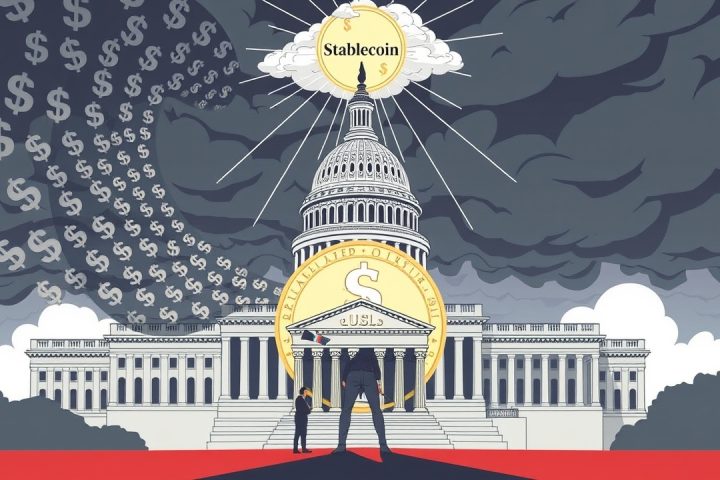Statement Summary
Blockchain technology is revolutionizing the distribution and trading of securities through tokenization, which allows assets to be used as collateral and facilitates capital formation. Though this innovation attracts both new entrants and traditional firms, tokenized securities remain subject to federal securities laws. Issuers may tokenize their own securities or those held by third parties, but such arrangements carry unique risks, including counterparty risks. Distributors of tokenized securities have specific disclosure obligations and should refer to recent SEC guidance. The nature of the token can classify it as a security or a security-based swap, impacting trading conditions. The legal requirements for tokenized securities parallel those of traditional securities, prompting market participants to engage with regulators for potential rule updates and exemptions as needed.
Original Statement
Blockchain technology has unlocked novel models for distributing and trading securities in a “tokenized” format. Tokenization may facilitate capital formation and enhance investors’ ability to use their assets as collateral. Enchanted by these possibilities, new entrants and many traditional firms are embracing onchain products. As powerful as blockchain technology is, it does not have magical abilities to transform the nature of the underlying asset. Tokenized securities are still securities. Accordingly, market participants must consider—and adhere to—the federal securities laws when transacting in these instruments.
Sometimes an issuer tokenizes its own security. For example, an operating company or an investment company could tokenize its shares. Alternatively, an unaffiliated third party with custody of securities issued by another entity might, for instance, issue a new tokenized security tied to the securities it holds or may tokenize the “security entitlements” that investors hold against the custodian. Purchasers of these third-party tokens may face unique risks, such as counterparty risks.
Distributors of tokenized securities must consider their disclosure obligations under the federal securities laws and may wish to refer to the Division of Corporation Finance’s recent staff statement on this topic.
Market participants who distribute, purchase, and trade tokenized securities also should consider the nature of these securities and the resulting securities laws implications. For example, depending on the particular facts and circumstances, a token could be a “receipt for a security,” which is itself a security but is distinct from the underlying security held by the distributor of the token. Alternatively, a token that does not provide the holder with legal and beneficial ownership of the underlying security could be a “security-based swap” that cannot be traded off exchange by retail persons.
While blockchain-based tokenization is new, the process of issuing an instrument representing a security is not. The same legal requirements apply to on- and off-chain versions of these instruments.
Market participants, as they structure their tokenization product offerings, should consider meeting with the Commission and its staff. When unique aspects of a technology warrant changes to existing rules or where regulatory requirements are outdated or unnecessary, we stand ready to work with market participants to craft appropriate exemptions and modernize rules.
[1] See Division of Corporation Finance, Offerings and Registrations of Securities in the Crypto Asset Markets, Apr. 10, 2025, available at See Crypto Points of Contact on SEC.gov, (last updated July 8, 2025).




